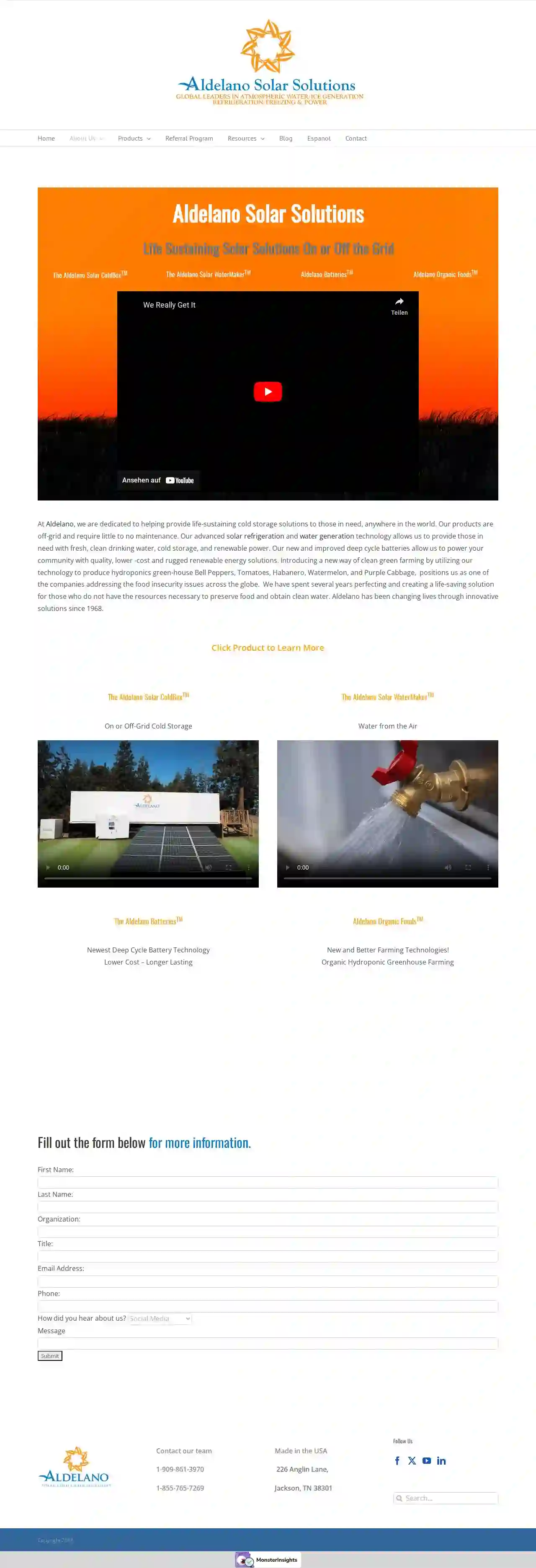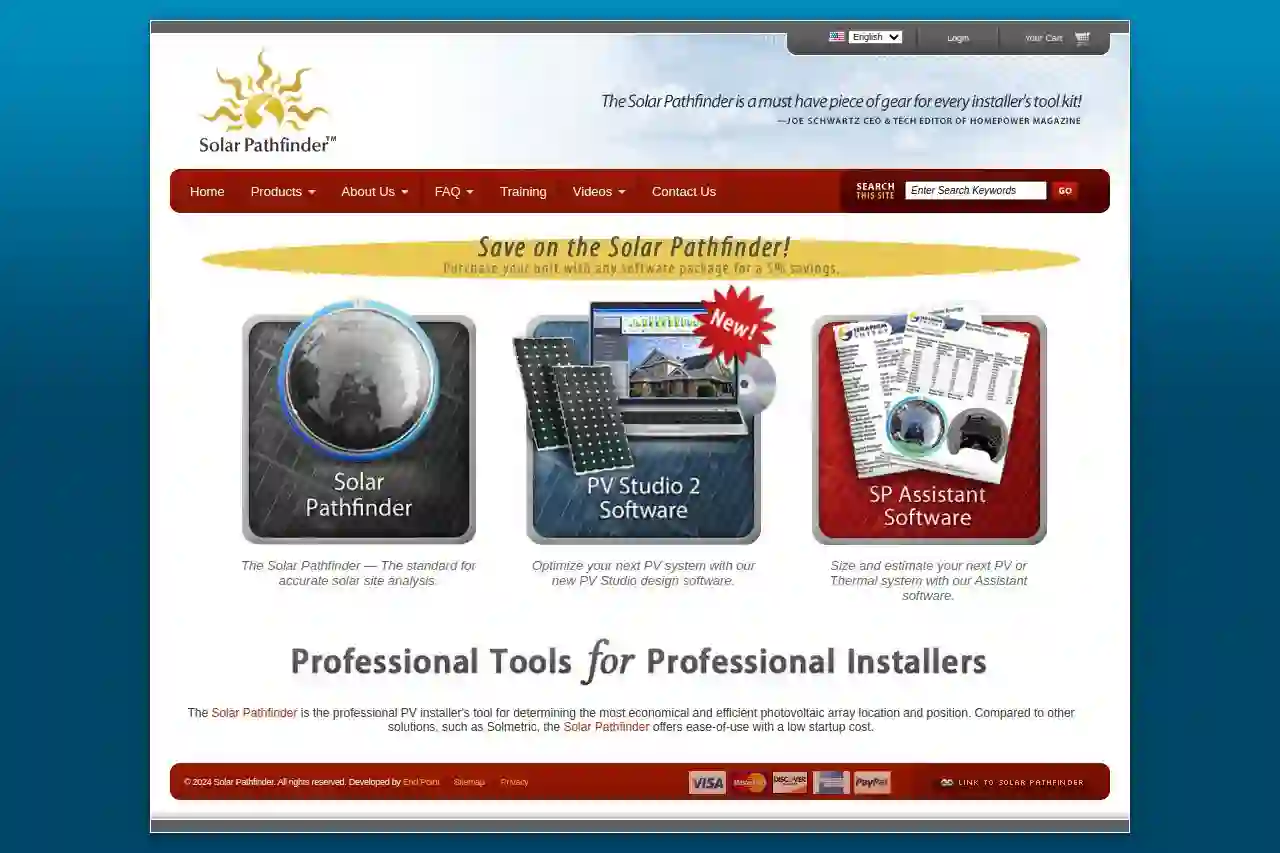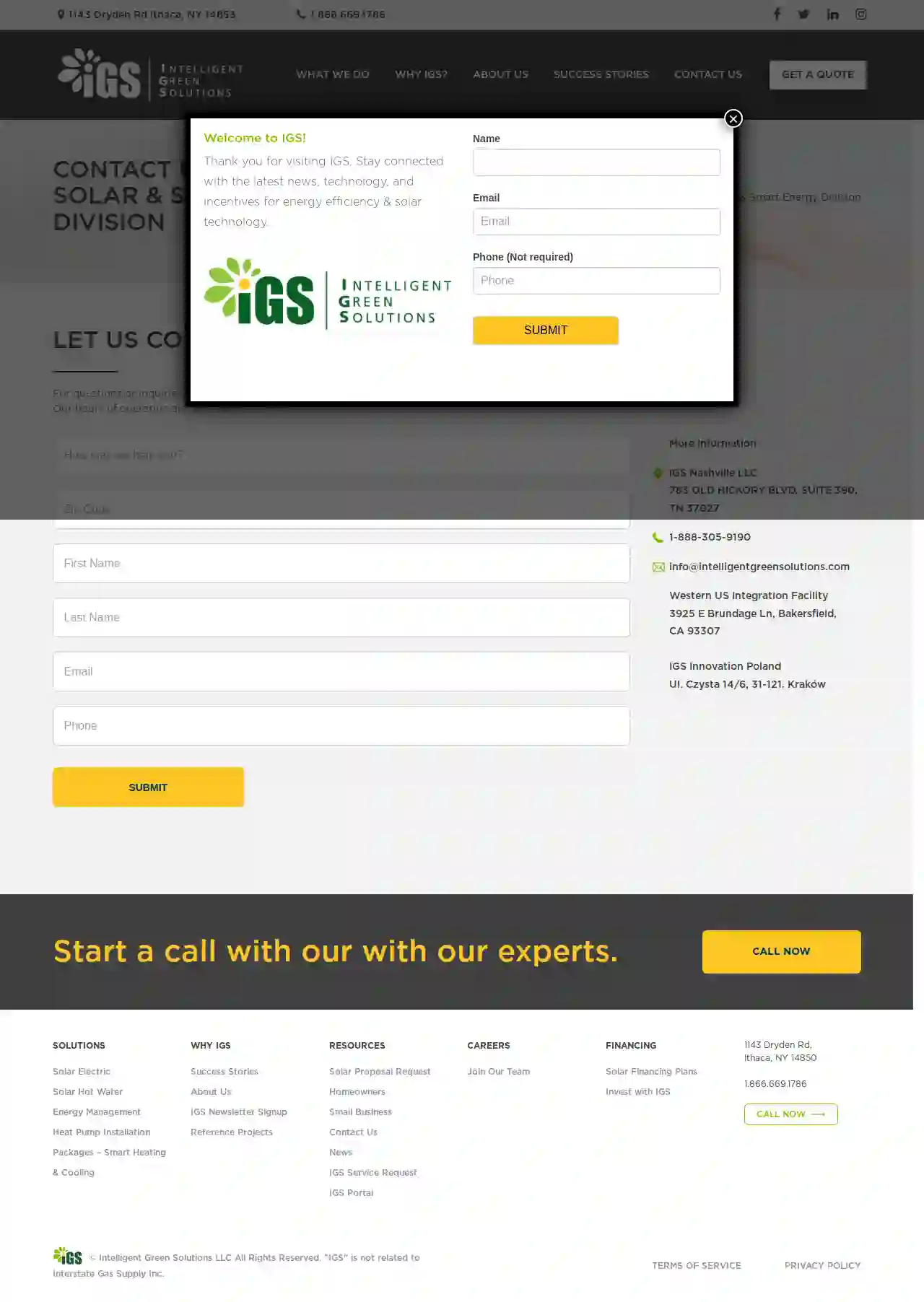Solar Panel Repair & Maintenance Chattanooga
Find the best Solar Repair & Maintenance in Chattanooga
Get 3 FREE Solar Repair quotes for your project today! Compare profiles, reviews, accreditations, portfolio, etc... and choose the best deal.

Solar Alliance, LLC
4.118 reviews123 Solar Way, Suite 100, Knoxville, 37830, USSolar Alliance is your engineering, procurement and construction source for solar projects on every scale – from large commercial installations to solar for small businesses. The Solar Alliance team is committed to helping you meet corporate mandates, evaluate and conserve current energy usage, then save money with solar. Solar Alliance is your source for solar power design in the Southeast and beyond. With years of experience and professionals certified by the North American Board of Energy Practitioners (NABCEP), we have the ability to provide solutions.
- Services
- Why Us?
- Accreditations
- Our Team
- Testimonials
- Gallery
Get Quote
JTE Solar Inc
55 reviews220 Great Circle Suite 140, Nashville, TN 37228, 37228, USJTE Solar Inc. is a Middle Tennessee company with a fully in-house team. We offer the best value available with no predatory loan agreements and the highest quality installation possible. Our team of experts will work with you to create a custom design that includes strategically placed solar panels and backup batteries to ensure your home is always powered, even during power outages.
- Services
- Why Us?
- Accreditations
- Our Team
- Testimonials
- Gallery
Get Quote
LightWave Solar, LLC
4.761 reviewsSuite 104, Nashville, TN, 3026 Owen Drive, 37013, USThe Trusted Source For Turnkey Solar Solutions Since 2006. Experience. Quality. Passion. For 17 years LightWave Solar has been helping people meet their energy goals. Discover custom solar installations that have the power to strengthen your home, business, organization, and community.
- Services
- Why Us?
- Accreditations
- Our Team
- Testimonials
- Gallery
Get Quote
Aldelano Solar Solutions
51 reviews226 Anglin Lane, Jackson, TN, 38301, USAldelano Solar Solutions is dedicated to providing life-sustaining cold storage solutions to those in need, anywhere in the world. Our products are off-grid and require little to no maintenance. Our advanced solar refrigeration and water generation technology allows us to provide those in need with fresh, clean drinking water, cold storage, and renewable power. We have spent several years perfecting and creating a life-saving solution for those who do not have the resources necessary to preserve food and obtain clean water. Aldelano has been changing lives through innovative solutions since 1968.
- Services
- Why Us?
- Accreditations
- Our Team
- Testimonials
- Gallery
Get Quote
Solar Pathfinder - Solar Site Analysis
58 reviews123 Solar Way, Beverly Hills, CA, 90210, USThe Solar Pathfinder is a must-have piece of gear for every installer's tool kit! It is the professional PV installer's tool for determining the most economical and efficient photovoltaic array location and position. Compared to other solutions, such as Solmetric, the Solar Pathfinder offers ease-of-use with a low startup cost.
- Services
- Why Us?
- Accreditations
- Our Team
- Testimonials
- Gallery
Get Quote
Tennessee Solar Energy Industries Association
123 Solar Street, Suite 100, Nashville, 37201, USThe Tennessee Solar Energy Industries Association (TenneSEIA) is a non-profit organization that promotes the development of solar energy and complementary technologies in the Tennessee Valley. Their mission is to position the region's residents and businesses as leaders in clean energy deployment and economic development. TenneSEIA provides resources, events, and educational initiatives to support the growth of the solar industry in Tennessee.
- Services
- Why Us?
- Accreditations
- Our Team
- Testimonials
- Gallery
Get Quote
ReNew Solar Solutions
555 reviews123 Solar Way, Nashville, 37209, USRenew Solar Solutions is a recognized leader in the solar industry, dedicated to providing high-quality solar solutions to homeowners and businesses. They offer a range of services including residential and commercial solar installations, solar technology, and energy storage solutions. Their commitment to customer satisfaction and long-term relationships sets them apart from other solar companies.
- Services
- Why Us?
- Accreditations
- Our Team
- Testimonials
- Gallery
Get Quote
IGS Nashville Solar Energy Solutions
1143 Dryden Rd, Ithaca, NY 14850, 14850, USIntelligent Green Solutions is a leading provider of solar electric, heat pumps, solar hot water, and energy management solutions. With a focus on transparency and customer satisfaction, IGS offers comprehensive services for homeowners and businesses seeking energy independence. Their team of experts is dedicated to delivering top-notch service and innovative solutions to meet clients' energy needs.
- Services
- Why Us?
- Accreditations
- Our Team
- Testimonials
- Gallery
Get Quote
Midsouth Solar Pros
513 reviewsMemphis, TN, USA, 123 Solar Street, 38104, USMidsouth Solar Pros is a leading provider of solar solutions for residential and commercial properties in Tennessee, Mississippi, and Arkansas. They offer affordable solar panels that can save homeowners over $25,000 in electricity costs over 25 years and boost the value of their homes by up to 4.1%. Their team of experts focuses on making homes more energy-efficient and can install rooftop panels on various types of roofs. They also provide maintenance services for solar panels, including warranty repairs, inspections, and troubleshooting.
- Services
- Why Us?
- Accreditations
- Our Team
- Testimonials
- Gallery
Get Quote
Scenic City Solar
4.815 reviews951 S. Watkins St., Chattanooga, 37404, USScenic City Solar is a leading provider of turnkey solar solutions in the Southeastern United States. With a commitment to affordability and sustainability, they offer a range of services including commercial, residential, and agricultural solar installations. Their team of professionals is dedicated to helping clients achieve energy independence through solar power.
- Services
- Why Us?
- Accreditations
- Our Team
- Testimonials
- Gallery
Get Quote
Over 4,210+ Solar Contractors onboarded
Our solar contractors operate in Chattanooga and surrounding areas!
SolarCompaniesHub has curated and vetted the Best Solar Installers in and around Chattanooga. Find the most reliable business today.
Solar Panel Repair & Maintenance FAQ
- Manufacturing Defects: Some panels may have tiny cracks from the manufacturing process.
- Thermal Stress: Temperature fluctuations, especially rapid heating and cooling, can stress the panels and cause microcracks.
- Mechanical Stress: Impact from hail, falling debris, or improper handling during installation can lead to microcracks.
- Transportation and Handling: Rough handling during transportation or installation can also cause stress fractures.
- Using a Roof Rake: Carefully remove snow from the panels using a roof rake designed for this purpose. Avoid using abrasive tools or excessive force that could damage the panels.
- Hiring a Professional: If you are uncomfortable removing snow from your roof or if your panels are difficult to access, consider hiring a professional solar panel cleaning or maintenance company.
- Use a Directory Like SolarCompaniesHub: We connect you with pre-screened solar repair specialists in your area.
- Check Online Reviews: Look for positive reviews on Google, Yelp, and other reputable platforms.
- Ask for Referrals: Get recommendations from friends, family, or neighbors who have had solar panel repairs done.
- Verify Credentials: Ensure the company is licensed, insured, and certified by relevant industry organizations.
- Get Multiple Quotes: Compare quotes from several companies, considering price, experience, and warranty information.
- Ask Questions: Don't hesitate to ask about their experience with similar repairs, their process, and their warranties.
What causes solar panel microcracks?
How does snow affect my solar panels?
How do I find a reputable solar panel repair company?
Do solar panels need to be removed for roof repairs?
What causes solar panel microcracks?
- Manufacturing Defects: Some panels may have tiny cracks from the manufacturing process.
- Thermal Stress: Temperature fluctuations, especially rapid heating and cooling, can stress the panels and cause microcracks.
- Mechanical Stress: Impact from hail, falling debris, or improper handling during installation can lead to microcracks.
- Transportation and Handling: Rough handling during transportation or installation can also cause stress fractures.
How does snow affect my solar panels?
- Using a Roof Rake: Carefully remove snow from the panels using a roof rake designed for this purpose. Avoid using abrasive tools or excessive force that could damage the panels.
- Hiring a Professional: If you are uncomfortable removing snow from your roof or if your panels are difficult to access, consider hiring a professional solar panel cleaning or maintenance company.
How do I find a reputable solar panel repair company?
- Use a Directory Like SolarCompaniesHub: We connect you with pre-screened solar repair specialists in your area.
- Check Online Reviews: Look for positive reviews on Google, Yelp, and other reputable platforms.
- Ask for Referrals: Get recommendations from friends, family, or neighbors who have had solar panel repairs done.
- Verify Credentials: Ensure the company is licensed, insured, and certified by relevant industry organizations.
- Get Multiple Quotes: Compare quotes from several companies, considering price, experience, and warranty information.
- Ask Questions: Don't hesitate to ask about their experience with similar repairs, their process, and their warranties.